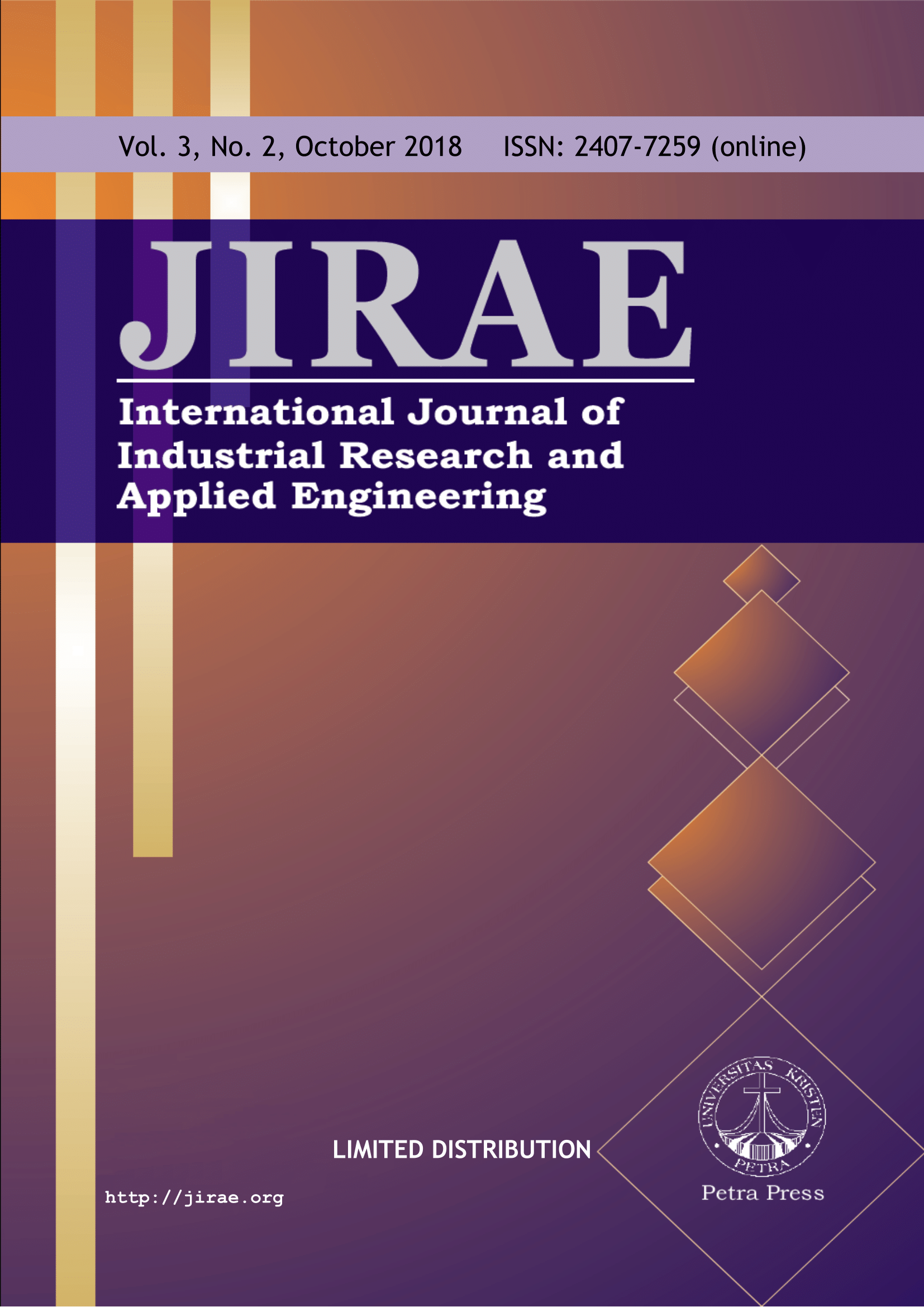Development of On-board Polytropic Index Prediction Model for Injection Timing Optimization of Diesel Engines
DOI:
https://doi.org/10.9744/jirae.3.2.61-68Keywords:
Model-based Control, Polytropic Index, Heat LossAbstract
Diesel engines are required to reduce exhaust emissions during real-world operations. In this regard, a new control concept called model-based control has been explored. Unlike the conventional method of relying on steady-state measurements, model-based control allows cycle-by-cycle optimization of control inputs based on physical principles. Existing models for combustion control have been using empirical equations to predict polytropic index for the compression stroke for estimation of in-cylinder pressure and temperature at fuel injection. Therefore, in this study, a polytropic index prediction model was developed in MATLAB to maintain the engine performance under transient conditions and to reduce the required number of experiments. The model includes a heat loss model and a gas flow model to consider the effect of wall heat transfer and gas flows inside the cylinder. The computational load of the model was reduced through discretization of a single engine cycle into several calculation points. The model was validated against numerical simulation results under steady conditions first, and then applied to transient conditions for more realistic operational conditions. The model estimated the polytropic index with average errors under steady and transient conditions with 0.22% and 0.37%, respectively. Finally, the calculation time of the model was evaluated to be 50.6 μs. It was concluded the model can be implemented on a model-based controller in the future.Downloads
Published
Issue
Section
License
Authors who publish with this journal agree to the following terms:
- Authors retain the copyright and publishing right, and grant the journal right of first publication with the work simultaneously licensed under a Creative Commons Attribution License that allows others to share the work with an acknowledgement of the work's authorship and initial publication in this journal.
- Authors are able to enter into separate, additional contractual arrangements for the non-exclusive distribution of the journal's published version of the work (e.g., post it to an institutional repository or publish it in a book), with an acknowledgement of its initial publication in this journal.
- Authors are permitted and encouraged to post their work online (e.g., in institutional repositories or on their website) followingthe publication of the article, as it can lead to productive exchanges, as well as earlier and greater citation of published work (See The Effect of Open Access).












